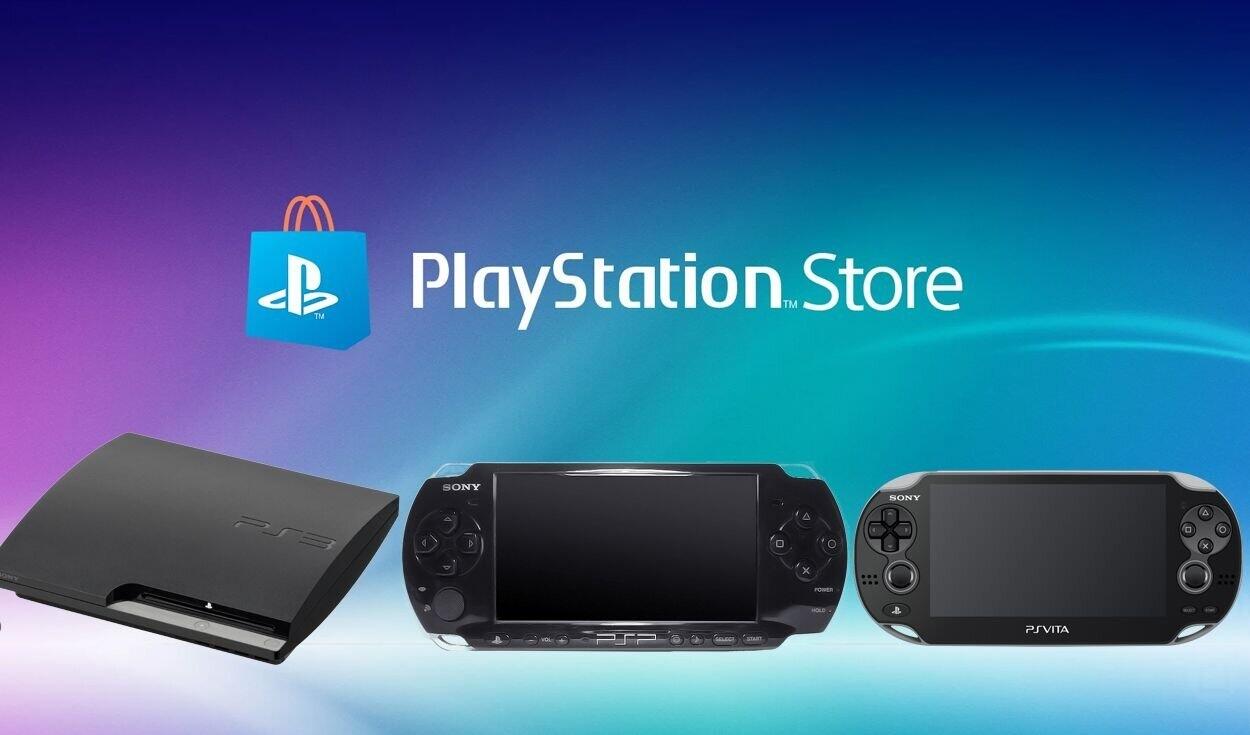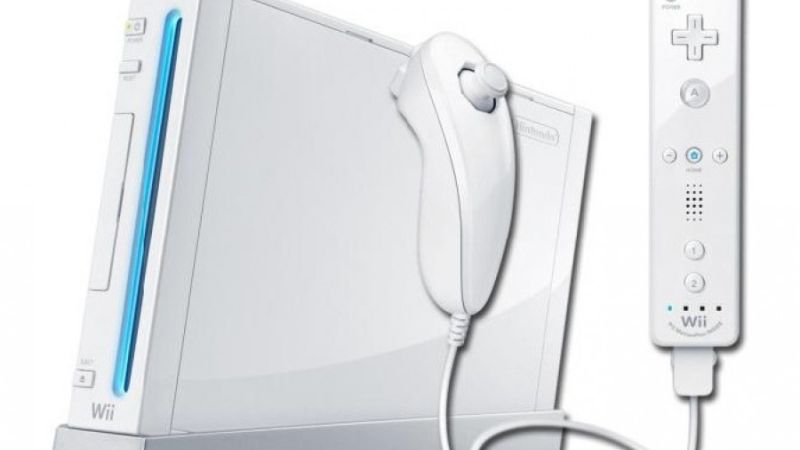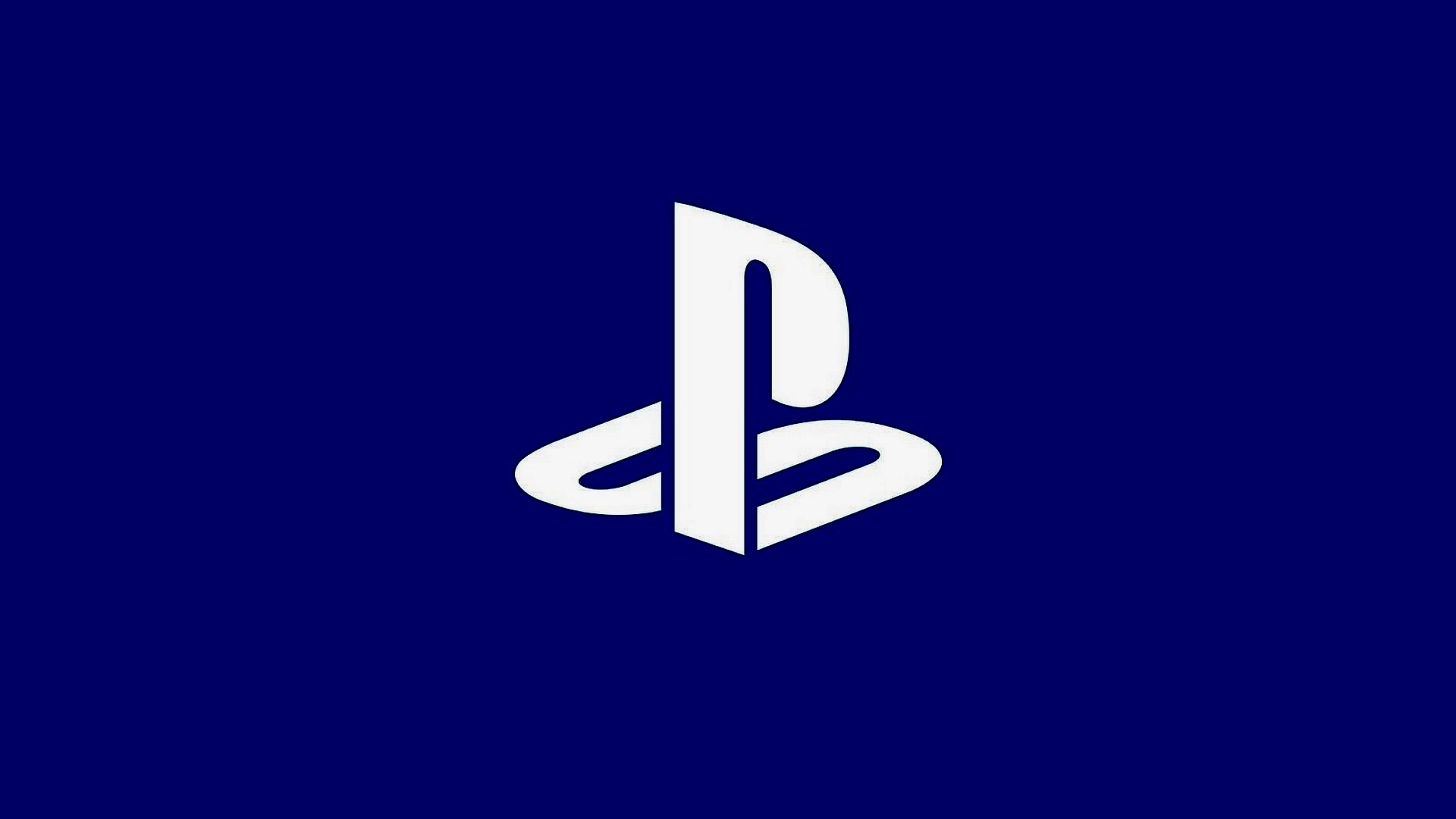
Last week, Sony finally confirmed the rumors and announced that the PSN Stores for PS3, PSP, and PS Vita would be taken down in just a few months from now. For a number of reasons, this ended up being an extremely problematic announcement, one that stands as the culmination of all the bad decisions and tendencies Sony has developed over the last few years, as they have found themselves with an uncontested lead over the game console market.
The biggest issue, according to a lot of people, has been the discontinuation of sales for a lot of this legacy software. This is a valid concern – there are quite literally almost ten thousand games spread across these three storefronts, spanning the PS1, PS3, PS3, PSP, and PS Vita. A lot of incredible classics were released digitally only (particularly for the Vita, the market failure of which made retail releases untenable very early on). Multiple PS1 and PS2 classics were sold for affordable and cheap prices on these stores, rather than the literally hundreds of dollars physical copies of them command on auction sites such as eBay. There are great PlayStation exclusives, and titles that were defining for the platform and its legacy, such as Metal Gear Solid 4, Suikoden, Xenogears, Ratchet and Clank: Up Your Arsenal, Resistance 3, inFamous 2, Persona 3, and many, many, more, that are now going to be lost in the ether. Your option is either to splurge obscene amounts of money on getting physical copies of these, or just never play these games. They will be lost.
Contrast this approach, for a second, to the competition’s. Xbox’s legacy with games is not even a fraction of PlayStation’s, and yet Microsoft is more respectful of it by literally magnitudes upon magnitudes. Microsoft has made a concerted effort to not only maintain compatibility across now four generations of Xbox consoles, but to honor your purchases across all of them (so the user never has to rebuy their games), and most impressively, give these games enhancements and boosts when played on new systems – free of charge. Where Sony is unwilling to let you even play Persona 3 on your PS5, Microsoft will not just let you play Fallout 3 on your Series X, they will also give it enhanced performance, so that it looks and runs substantially better than it did originally – and this is done without charging the user a dime. Can you imagine Sony, the company that made you buy PS2 classics on PS4 again even after you had already purchased them on PS3, charging a premium for minor “enhancements” such as Trophy support, doing something like that? The contrast in the two approaches is severe and stark, and Sony’s efforts look particularly disdainful of their legacy, and of their users’ investment, in light of how Microsoft has been handling compatibility.
Sony has claimed it approaches video games as a medium for storytelling, a legitimate avenue for human creation and expression. Art like that is not meant to be ephemeral and disposable, it’s not something that is made obsolete because something newer came along, it’s something that is meant to be treated with respect and made accessible to as many people as possible. Can you imagine if Steven Spielberg had never allowed any distribution of Schindler’s List after 1994 because Jurassic Park was here, and it was newer and shinier? Can you imagine J.R.R. Tolkein and his publishers deciding to never give any reprint runs to The Hobbit because The Lord of the Rings was now out, and it was newer and better anyway? If games are actually art, then why are they not being treated as such?
The issue with Sony’s announcement goes even further than just the loss of these games (which is in and of itself an intangible profound loss) too. The PS3 and PSP are extremely old – they are 15 and 17 years old respectively, and honestly, their stores being shut down makes at least some sense. It still hurts, because Sony has made no attempts to ensure compatibility with or access for those games on newer platforms, which is what makes the situation spectacularly terrible – but you can at least understand that decision, even if you don’t like it. But then there’s the Vita.
The Vita is less than ten years old right now from its original release (less than nine for western territories). Shutting down the store for a platform not even ten years old is horrific, and sets an awful precedent for the rest of the industry. Yes, the Vita didn’t do too well in terms of hardware sales, but it has a dedicated community of owners and developers (we’ll get to this one in a bit), and software routinely overperformed on the platform. In spite of Sony’s best efforts to bury the Vita alive, the platform continued to chug along. It continues to get routine releases every month even into 2021 (which makes sense, given that the Vita is less than ten years old). Shutting down the store for a system that isn’t even that old is unacceptable. It’s unacceptable for a bunch of reasons.
One part of that is the notice given. The PS3, PSP, and Vita stores are not the first console online stores to be shut down – the DSi and Wii stores were. However, in spite of how legendarily bad Nintendo tends to be with online services, they had the foresight and the consideration to make the announcement quite literally years ahead of time, giving everyone involved plenty of time to get prepared for when it happened. Nintendo also made the process a phased one – they announced the stores would be shutting down a couple of years down the line, but that balance purchases for the stores would be suspended a year down the line. Again, this approach, while not ideal – those games are still lost to time, and they’re not compatible with Nintendo’s newest platform either – at least exhibited a level of consideration for those ecosystems, and the users and developers who may still be invested in them, however few they may be. Sony’s notice period is… four months for the PS3 and PSP, five months for the PS Vita. That’s all we get. And rather than do everything in properly laid out staggered phases, Sony has taken the webstore that users used to make purchases for these systems (because the stores on the consoles themselves are, let’s face it, terrible) down without any notice or warning at all. This reveals how little they care for not just the PS3, PSP, and PS Vita, and the legacy associated with those systems and the games they had, but also for the users who may still be invested in those platforms, and the developers who may still be invested in those platforms.
Yes, developers. As it turns out, Sony’s spectacularly bad communication and lack of transparency isn’t just for their users, it’s also for their developers. Multiple developers who were still working on Vita games that were due to release this year did not know that Sony would be pulling support for that platform’s store (because, I remind you, the Vita is less than a decade old). In fact, Sony was selling dev kits – presumably worth thousands of dollars, judging by how much dev kits are typically known to cost – to developers as recently as a few months ago with no warning associated. Meaning Sony was willing to take developers’ money for games that they were just going to be starting development on for the Vita, without letting them know that they would soon have no way whatsoever of actually selling those Vita games, because the Store was about to close soon, and Sony had stopped manufacturing cartridges for the Vita years ago anyway (plus as mentioned already, physical Vita releases haven’t been tenable for a long time).
This basically throws these developers – and these developers are typically smaller indie outfits, not the big developers (whom, reportedly, Sony did give notice to) – under the bus. They are out of the money they used on the dev kits, and they have no way to recoup those games they spent time, money, and resources on unless they can get them out in the next five months and hope to recoup all costs in that truncated period. How will they get the games out by then? They may have to crunch, they may have to enlist help they can’t afford, or they’re just going to be losing a lot of money.
PlayStation became as huge as it did on the back of amazing developer relations. Before the PlayStation came along, the market was dominated by Nintendo and Sega, and both platform holders were known to be, to put it bluntly, bullies to third party developers for their consoles. Sony managed to make the PlayStation such a rousing success because developers of all kinds – the big blockbuster publishing houses, and western ones, yes, but also smaller ones with few credentials, and Japanese ones working on niche titles not guaranteed to be blockbusters – felt welcome in the fold. Sony took decades to build this reputation for developer relations, and it’s why, for so long, the PlayStation was almost a default platform for console developers.
In the last few years, Sony has done its best to destroy this confidence and longstanding relationship with developers. Sony still rolls out the red carpet for you if you’re a western publisher, or if you’re a Japanese one who puts out huge blockbuster hits like Final Fantasy and Resident Evil – but otherwise, as we have seen, Japanese developers are increasingly being marginalized and alienated by PlayStation, and smaller indie developers from across the world have felt jilted by the console too – no wonder, by the way, if Sony will do things like take their money and then discontinue the store they could have sold their games on without warning or notice just weeks later.
This slow erosion of developer relations is not something they should expect to get away with forever. PlayStation is doing great right now, off the back of well earned and deserved goodwill from audiences and developers alike accrued over decades. But if Sony continues to be hostile to smaller pockets of developers it deems as being so small that they won’t have a choice but to support PlayStation, then it may soon start losing out on their support (among indie developers, PlayStation is already now taking a backseat to Steam and Switch, and several huge indie hits either come to PlayStation late (such as Hollow Knight), or don’t come to PlayStation at all (such as, as of right now, the award winning Hades). Among Japanese developers, we are already seeing multiple smaller developers and games going to the Switch exclusively (such as Shin Megami Tensei V), or coming to PlayStation later, or not at all.
And that kind of loss of support from smaller developers will matter. None of those games may sell millions of software copies or hardware units by themselves, but collectively, they add depth and dimension to the console’s library, which has helped PlayStation stand out and have a more exhaustive and comprehensive library than the competition for 20 years now. Losing those games, and only getting the big Japanese blockbusters and western multiplats, gives the PlayStation the kind of library that Xbox consoles were known to have until very recently – and that kind of library is sorely lacking in the character and texture that helps consoles appeal to all demographics.
This only exacerbates the broader problems that Sony’s discontinuation of these stores, and utter lack of compatibility and continuity efforts, will have. Yes, PS5 is selling great right now, and it’s well deserved – but customers who are burned repeatedly on their purchases by Sony will eventually learn not to trust the company. The fact that probably hundreds of dollars’ worth of digital purchases will now be lost to the ether will probably give a lot of pause to many before they spend money on Sony’s digital stores again (and this company has the audacity to sell a digital only console right now). This kind of loss of confidence is already something Nintendo struggled with with the Switch for years, and digital adoption for their consoles only started to pick up recently, after almost a decade of Nintendo trying.
Yes, one might make the argument that the broader public doesn’t care – which in and of itself is a stupid and unfalsifiable statement, since there is no way to actually prove that – but the enthusiasts and engaged fans of PlayStation do, and they’re the ones who will be most jilted by this move, and will be the loudest in expressing their displeasure. And as we have seen previously, the enthusiasts making noise about something does leak into the broader public and color perception, affecting sales. The enthusiasts were the ones most opposed to the Xbox One when it was revealed – and that ended up influencing that console’s fortunes for the rest of its life cycle, as well as the brand’s up to now. If Sony continues to burn bridges with its development partners, and its most engaged fans, then the goodwill and success PlayStation enjoys right now could find itself be punctured severely – and they would do well to remember that. It feels like they take their success for granted right now.
Note: The views expressed in this article are those of the author and do not necessarily represent the views of, and should not be attributed to, GamingBolt as an organization.
















